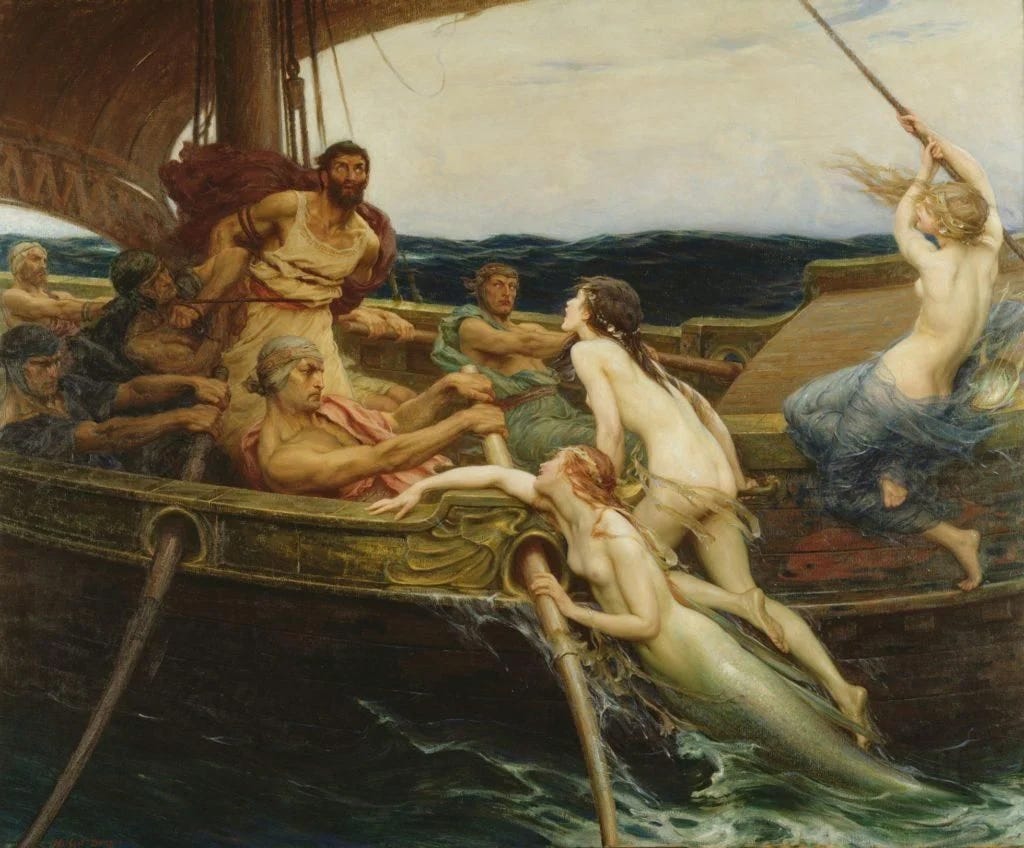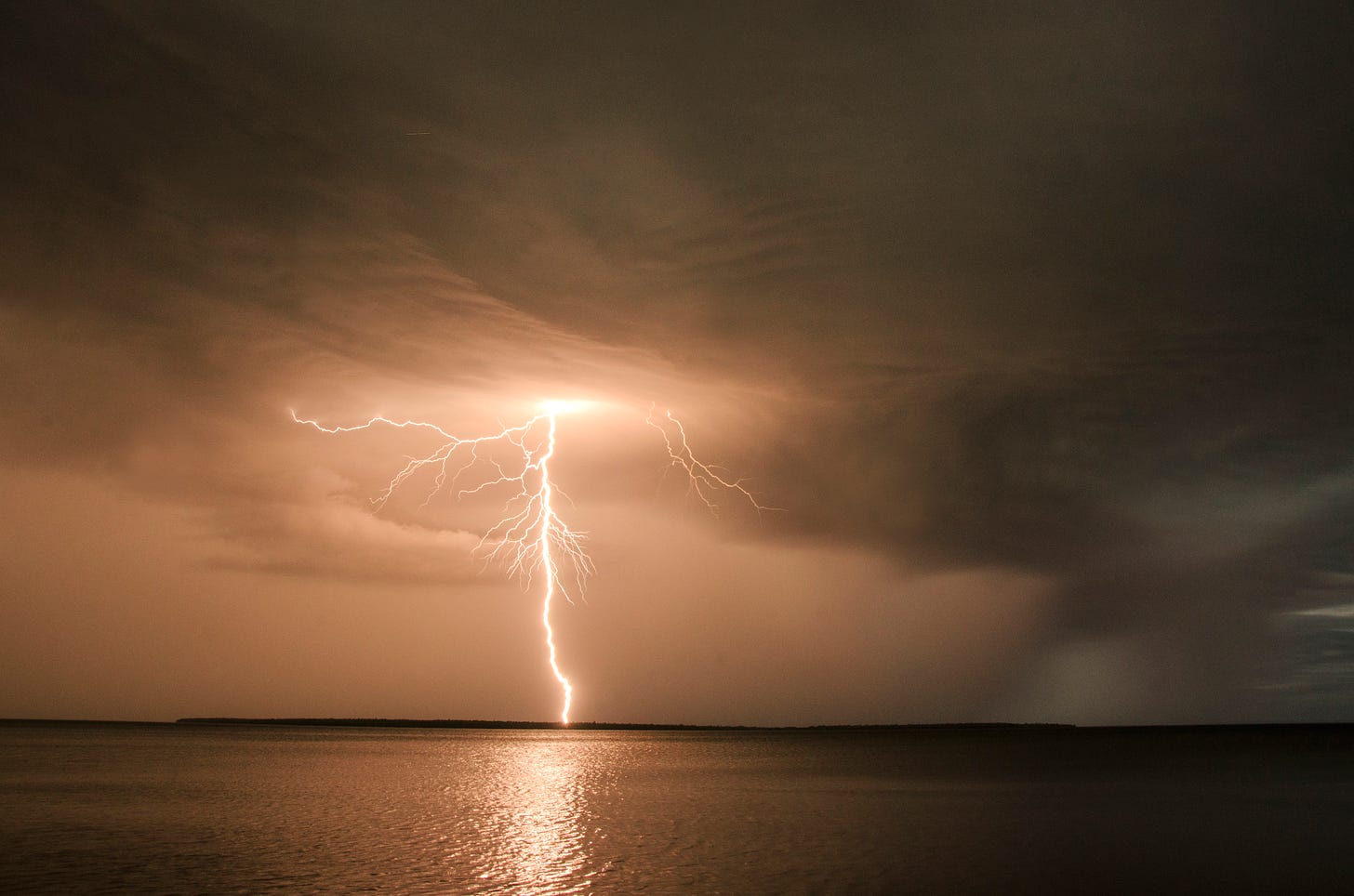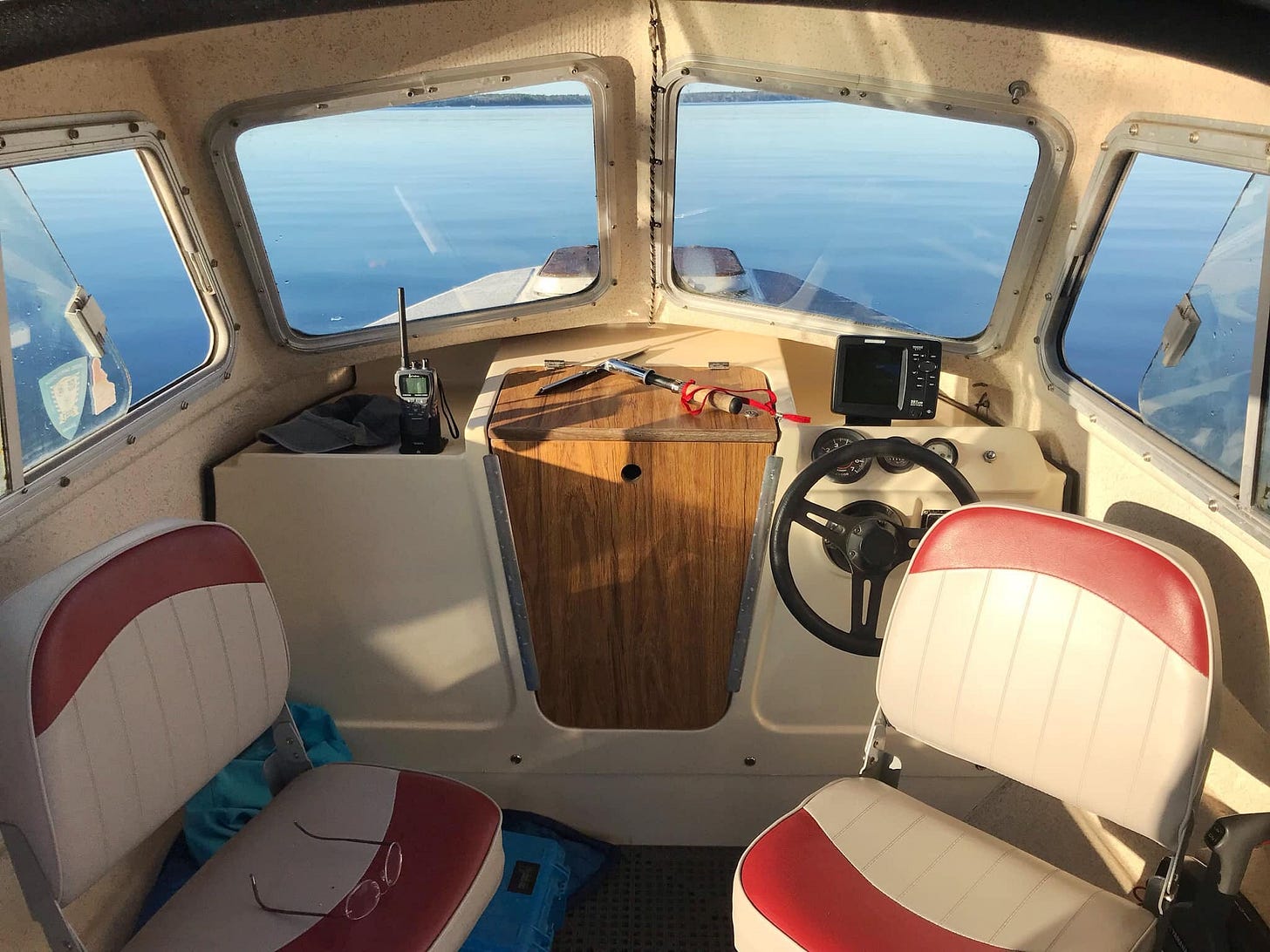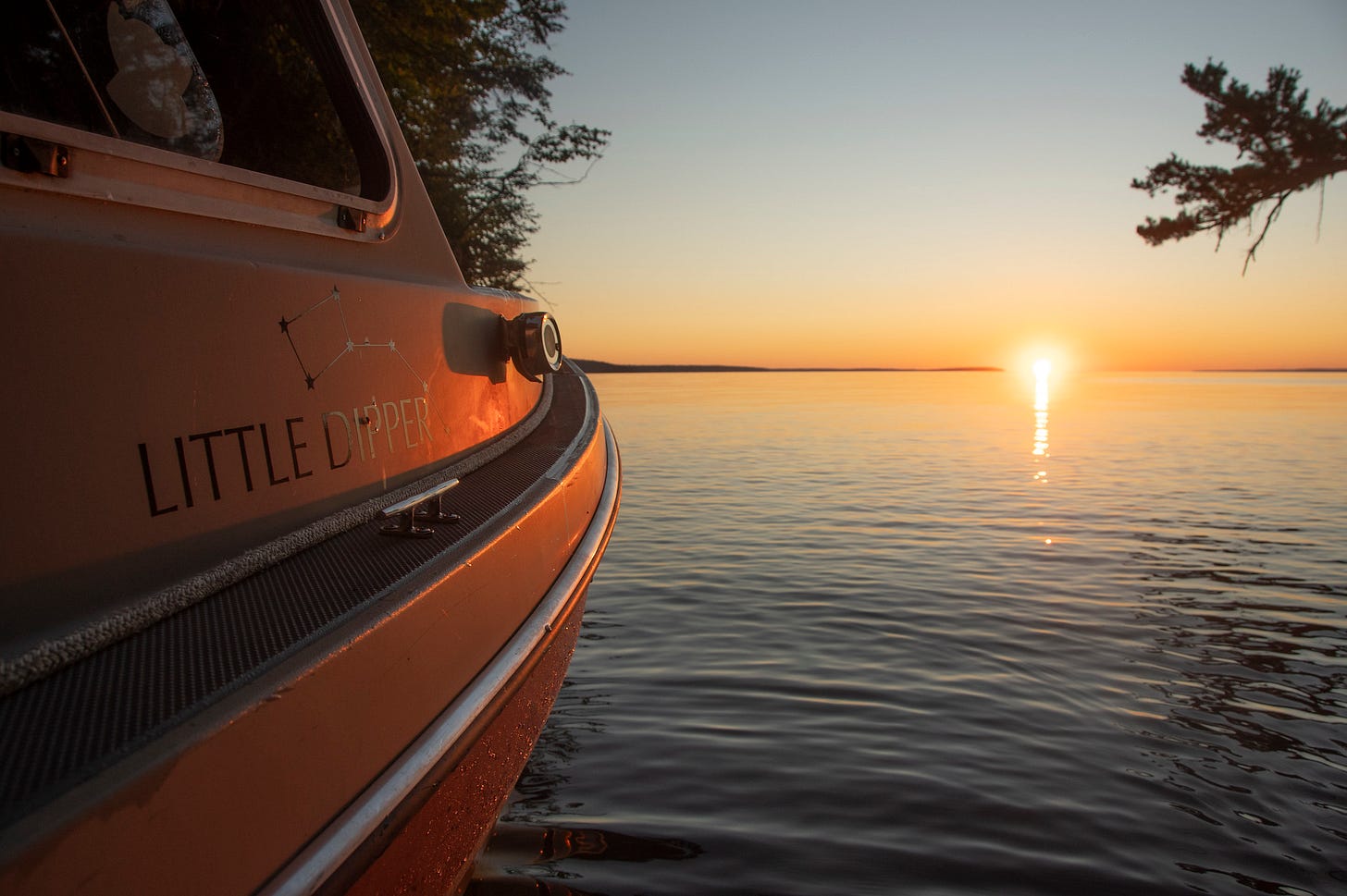Sing along with a Siren's Song
Sometimes the worst fate lies not in the awful things that could happen, but in the dread of things that maybe never will.
Ulysses and the Sirens, 1909 by Herbert Draper (1863–1920), Ferens Art Gallery.
It is perhaps the most memorable scene in all the literature of the sea. Book 12 of Homer’s Odyssey tells the tale of Odysseus who, after being warned by Circe of the Siren’s song luring sailors to their doom, orders his crew to stop their ears with “an ample wheel of beewax” and bind him “hand and foot … lashed by ropes to the mast.” Whatever beseeching he may make, they are told, they must not set him free.
In this way, the clever captain becomes the only person to hear the “honeyed voices” and the “high, thrilling song” of the fabled Sirens without joining the “great heap of dead men's bones” of the other, less clever sailors who tempted fate. “And once he hears to his heart’s content,” Odysseus “sails on a wiser man.”
For some Homer’s poem is a cautionary tale on the powers of temptation. For others, a clever way to both experience the sublime beauty of the world and yet not end up paying for it with your life, a rhapsody on the age-old conflict between the dangers of doing and the regrets of never knowing.
On a cold winter’s night, ice chunks still bristling the bay, I am lashed to my couch thinking about the Siren song of Lake Superior and the islands.
There was a time, not so long ago, when the idea that I might never find a boat to explore those islands brought on a kind of an ache, a boatless fever felt from head to toe in a slow, persistent pressure. My nervous system reacting to the potential of never finding a boat, the right boat, leaving my body and soul lashed to the mast of the mainland mud for another boating season, another year, another lifetime. “Oh sing in me, O Muse, and through me tell the story,” as it says in the opening line of the Odyssey.
I would pester my boated friends with questions, sending them links at all hours of the night, links to some rust-bucket hulk whose main attractive feature was its “for sale” sign and asking them “how about this one?” in a voice that cracked with the desperation of Odysseus bound to the mast. My friends were very patient. My dreams, however, were not.
In those dreams, I would gracefully slip the lines, feeling that first moment of free floating, the boat beneath me some amorphous composite of years of boat dreams. Soundlessly, I would be backing out of the slip, the bow clearing the breakwall, that first flush of power when you ease the throttle up, the hum of the engine, the sound, like ripping cloth, of the bow slicing the water as you come up on plane, islands ticking by like the dot-dash of Morse code as you steer for the horizon that is nothing but blue and blue and blue.
And then it would all unravel: the lines would not uncleat, tangling in some Gordian knot of mythological proportion, the engine would sputter and cough, the anchor would not raise. I would wake in a cold sweat watching the dream go sour in the harsh light of my boatless reality. I was never going to find that boat, or any boat, and that was all there was to it. Land-locked and longing was all I had to look forward to, my bound soul straining at its self-imposed constraints.
But then, in a flash, everything changed.
It was a Sunday night, late. Out of desperation, I turned to crowd sourcing and put up a plea for anyone who knew of a boat for sale. Someone did. A Facebook friend sent a timid email. I could almost feel her tentative fingers on the keyboard typing out the words, “I don’t know much about boats but my neighbor told me today he was going to sell his.” At the bottom was a thumbnail picture. “Would this work?”
The picture was a Zues-tossed thunderbolt. That was the boat. And it wasn’t halfway across the country or halfway to the junkyard. It was in the next town over. Even though it was late on a Sunday night, I grabbed the phone. The voice on the other end seemed tired, skeptical at a call this late on a weekend as if I were calling to inquire about his extended car warranty or his relationship with other deities, but I pushed on and asked about the boat. “I was just sitting here writing up a ‘For Sale’ sign at my kitchen table,” the voice told me. “Put down the pen,” I told him. “I’m buying your boat.”
By 10 the next morning, the nameless boat that would become the Little Dipper was in my driveway. I had heard the Siren song and bought the boat anyway. While Homer’s tale warns of the dangers of giving in to temptation, I think there are also deep dangers inherent in ignoring those voices that lure us towards beauty, despite its rock-riddled shorelines. What do we risk in not exploring the sublime callings of our souls? What is the greater regret: those things we do or those things we fail to do? Each of us must answer such questions for ourselves and in our own ways.
My own answer sits on the hard tonight, the Little Dipper snug in its winter quarters waiting for spring. But now when the aria of those “honeyed voices” rises on winter nights and the fever to be on the lake comes on strong, my dreams are no longer nightmares of the never. They are dreams of slipping the lines, pointing the bow towards the horizon, and throttling up. These days the Little Dipper comes nicely up on plane. The engine hums. The sun is rising. We are heading for the islands, fully aware that sometimes the best thing to do when you hear a Siren song is let go the lines, and at the top of your lungs, sing along.
— Jeff Rennicke (all photographs by the author unless otherwise noted).











I really like that cockpit. Function and form! Perfect little cruiser for the Apostle Islands.
Nice!